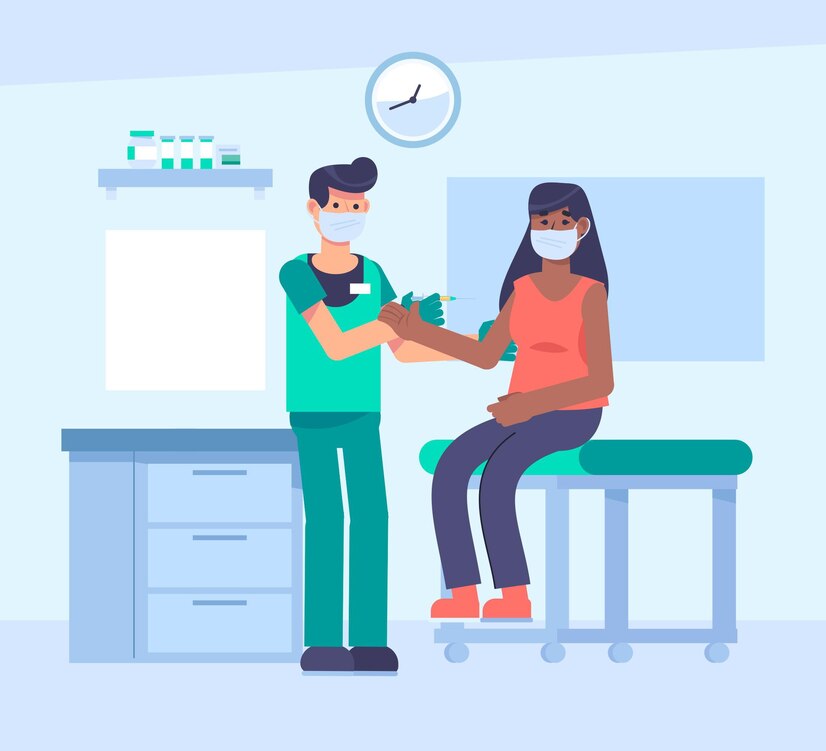
Managing Seborrheic Contact Eczema: Effective Treatment Options
Introduction:
Living with seborrheic contact eczema can be challenging, but there are various treatment options available to help alleviate symptoms and manage flare-ups. From topical steroids to moisturizers and barrier creams, let’s explore some effective treatments for seborrheic contact eczema that can provide relief and improve skin health.
Topical Steroids:
Topical steroids are commonly prescribed medications for treating inflammation and itching associated with seborrheic contact eczema. These medications work by reducing inflammation and suppressing the immune response in the affected areas of the skin. They come in different strengths and formulations, ranging from mild to potent, and should be used under the guidance of a healthcare professional to minimize side effects.
Moisturizers:
Keeping the skin well-hydrated is essential for managing seborrheic contact eczema and preventing flare-ups. Moisturizers help restore the skin’s natural barrier function, reducing dryness and itchiness. Look for moisturizers that are fragrance-free, hypoallergenic, and suitable for sensitive skin. Apply moisturizer regularly, especially after bathing or showering, to lock in moisture and soothe irritated skin.
Barrier Creams:
Barrier creams create a protective layer on the skin’s surface, shielding it from external irritants and allergens that can trigger flare-ups of seborrheic contact eczema. These creams contain ingredients like dimethicone or petrolatum, which help seal in moisture and prevent moisture loss from the skin. Apply barrier creams to affected areas before exposure to potential triggers, such as harsh weather conditions or irritant substances.
Other Treatment Options:
In addition to topical steroids, moisturizers, and barrier creams, other treatment options for seborrheic contact eczema may include:
- Antifungal Agents: If yeast overgrowth is contributing to seborrheic contact eczema, antifungal medications or shampoos may be prescribed to control fungal infections on the skin or scalp.
- Immunomodulators: Immunomodulatory medications, such as calcineurin inhibitors, can help reduce inflammation and itching in seborrheic contact eczema by modulating the immune response.
- Phototherapy: In some cases, phototherapy or light therapy may be recommended to alleviate symptoms of seborrheic contact eczema by targeting inflammation and reducing skin cell turnover.
Conclusion:
Effective treatment of seborrheic contact eczema involves a combination of topical medications, moisturizers, and barrier creams to alleviate symptoms and prevent flare-ups. By working closely with a healthcare professional and following a personalized treatment plan, individuals can manage their condition and improve their quality of life.
To seek medical advice, always consult a Doctor. Here are our recommended EXPERTS. Click here
To read more on SKIN. Click Here


